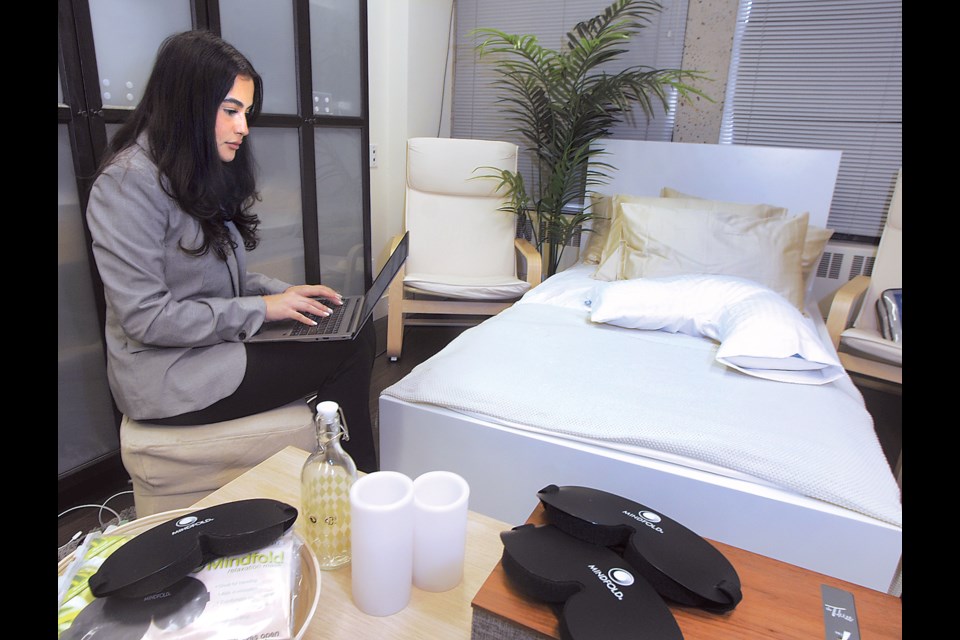As the Vancouver Police Department and North Vancouver RCMP both carried out raids on retail stores or warehouses full of psilocybin – or magic mushrooms – in recent weeks, Donna Benson was watching with interest.
The North Vancouver clinical and psychosocial researcher has been taking note of the growing body of evidence showing conclusive therapeutic effects of psilocybin in treating people with mental illnesses like PTSD and major depressive disorder.
“On the one hand, there is very sophisticated literature coming out. And then on the other hand, we’ve got the police raiding places,” she said.
Benson, whose firm Medical Arts Health Research Group does work in Alzheimer’s disease, dementia, bipolar disorder and depression, said they are hoping to see medicinal psilocybin research expand and are looking for partners including doctors, psychologists or potential patients.
Some may find it hard to disentangle the legitimate use of the drug with the illicit, but Benson said she encourages people to keep an open mind, especially as the medical community comes around.
“It’s an emerging area and the work is being done with rigour and discipline and controlled protocols,” she said.
Most people wouldn’t be eligible to take part because of the stringent requirements from Health Canada, which grants special exemptions for scientists studying controlled substances. The restrictions on the researchers are even more onerous, Benson said.
When administering a dose of the drug, they must have two therapists present for the entire time the patient is under observation. It costs about $15,000 per patient for researchers to carry out one study, Benson said.
“We had to go through tremendous hoops to get positioned to do this kind of work, but I think it’s important work. People are very excited. They’re seeing the benefits that are better than they’ve seen in other treatments and the side effects are lower,” she said.
Exactly what’s happening at a physiological level in someone’s brain as they’re going through treatment with psilocybin is still being studied by neurologists, but Benson said it appears neurons and dendrites that have been damaged are being repaired.
“We’ve heard a lot about neuroplasticity and this is showing, hopefully, to be an aid in helping that neuroplasticity,” she said.
There is a movement afoot for decriminalization of psilocybin, but to be clear, Benson said she isn’t advocating for illicit or recreational use of the drug.
People going to an unregulated dispensary to self-medicate for mental health problems are likely somewhere between curious and desperate, Benson speculated.
“Personally, I wouldn’t touch anything that hasn’t gone through all the regulatory [process],” she said. “People die of bad mushrooms, right? So, it’s kind of risky…. The controls just aren’t there that I have to meet when I do a clinical research study.”
Even with the growing body of research, it will still be years before mushrooms are a go-to prescription, but the results scientists are seeing now are exciting, Benson said.
“I’m always looking at interventions that have promise to improve health,” she said. “If something like this can help, why not? We should be doing the work to find out what are the best ways that we can help.



